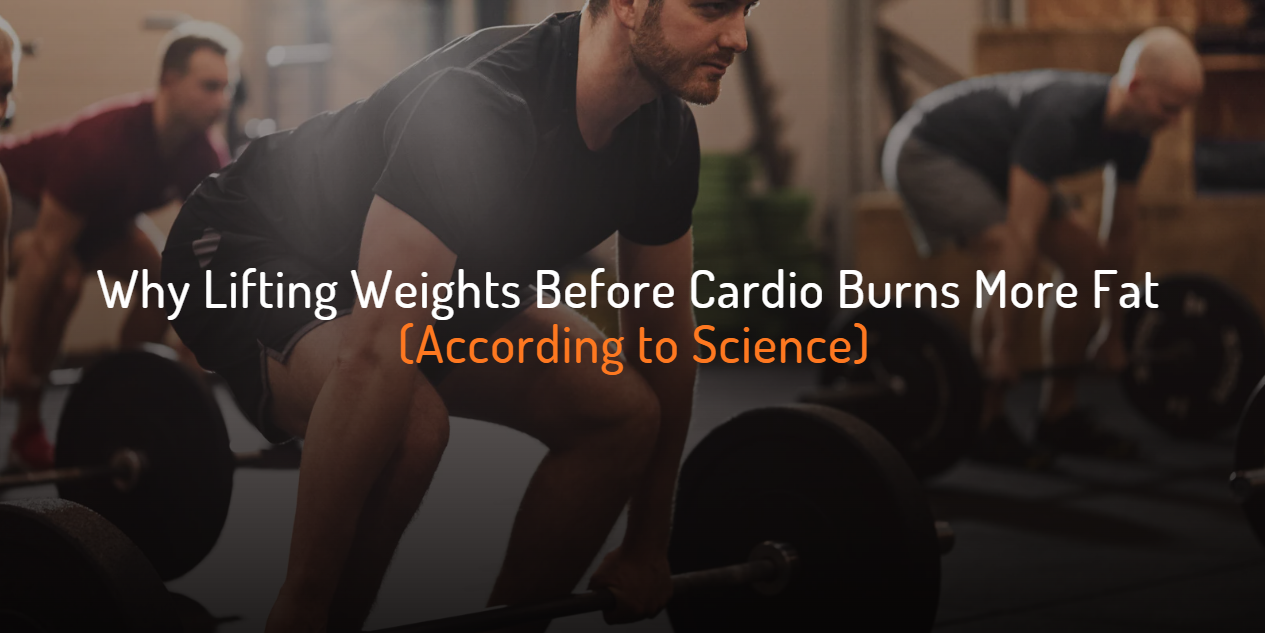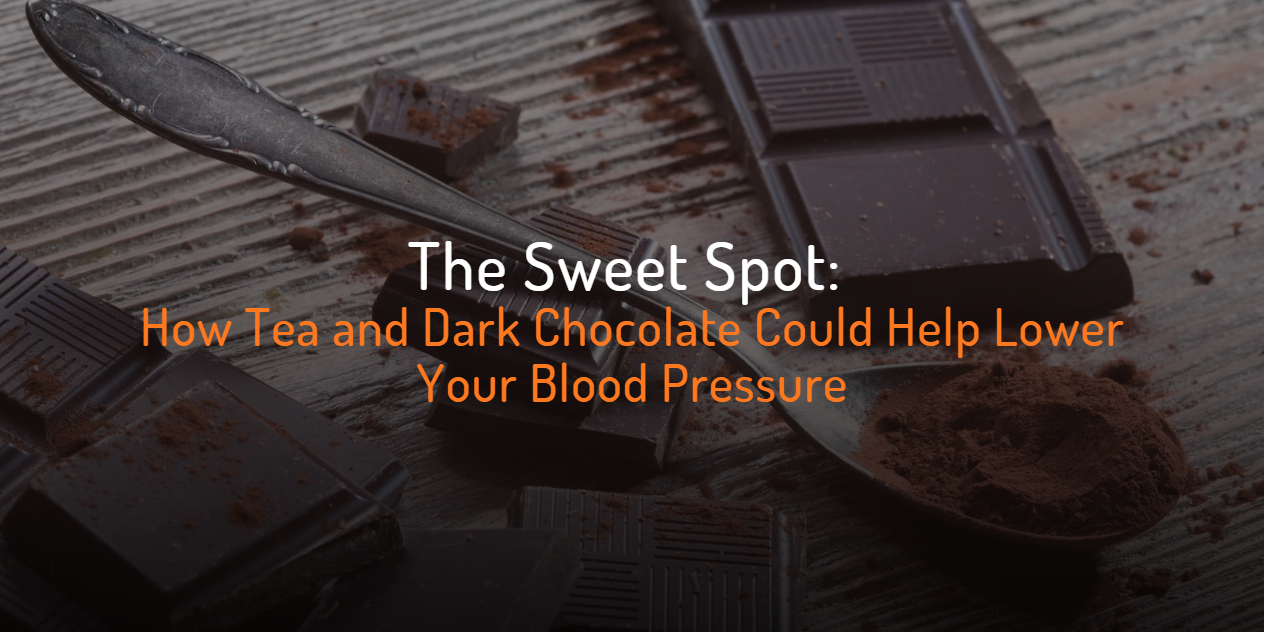

Chanel Willemse
General Manager
30 June, 2025
Ever feel like you're doing everything right in the gym, but the fat just won't budge—especially around the belly? You might be working out in the wrong order.
A new study out of China put this theory to the test. Researchers followed 45 overweight and obese men over a 12-week program to compare two groups: one that did cardio before weights, and one that did weights first. Both groups trained five days a week, with identical workouts in terms of time and intensity. The only difference? The order.
The results were pretty clear: the weights-first group lost more body fat overall, saw greater reductions in belly fat, improved their endurance, and even took more daily steps than their cardio-first counterparts. Yep—just flipping the sequence made all the difference.
So, if you're chasing smarter fat loss (and better gym results overall), this might be the simple switch you didn’t know you needed. Here's why it works, how to apply it, and how your body could start reaping the rewards.
1. The Science: Why Order Matters
Your body burns fuel in different ways depending on what you do and when you do it. Weight training taps into glycogen—the stored carbs in your muscles. If you lift first, you burn off that glycogen cache. Then, when you hit cardio, your body is low on carbs and turns to fat as the fuel source.
In the study, the weights-first group lost more total body fat and visceral (belly) fat—which is linked to heart disease and metabolic issues. The cardio-first group didn’t get nearly the same fat-burning boost.
But there’s more: the weights-first group also improved in strength, endurance, and general daily activity (they walked more). It turns out there’s a confidence and energy boost woven into the sequence too.
2. You Don’t Need to Be a Gym Rat—Here’s What to Do
You don’t need a fancy setup. Just follow this easy format:
A. Prime the muscles with weights (20–30 minutes)
- Compound moves—squats, deadlifts, bench press—ignite multiple muscles and burn more glycogen.
- Higher intensity = quicker glycogen depletion.
B. Follow with cardio (30 minutes)
- Go for cycling, jogging, an elliptical—you choose.
- Your body burns more fat because it’s low on carbs.
C. Rinse & repeat
- Aim for three weight-plus-cardio workouts weekly.
- On other days, keep moving: walk, swim, practice yoga, or do active chores.
D. Recovery matters
- Rest days are essential. You don’t rebuild muscle or burn more fat if you’re always tired.
3. The Bonus Benefits You’ll Actually Notice
✔️ Better strength gains
Lifting when fresh versus tired means better form and heavier lifts—translating into stronger muscles over time.
✔️ More energy in your day
One cool study side-effect: those in the weights-first group moved about 3,500 more steps per day. That adds up!
✔️ Visceral fat reduction
The study showed the biggest fat loss was around the midsection—which is crucial for lowering disease risk.
✔️ Hormonal support
Lifting boosts anabolic hormones like growth hormone and testosterone. Adding cardio helps use that hormonal momentum to burn fat.
4. Weight + Cardio = One Smart Combo
If your goal is fat loss and longer-term health, combining both is the golden ticket. The study suggests that when done in this order, it doesn’t matter whether you choose high intensity or moderate pace—it’s the combination and sequence that counts.
5. Tips to Make It Work for You
-
Pick weights that challenge you
Use a weight that lets you complete 6–12 reps per set, feeling like you might not quite make it on the last one. -
Focus on big moves
Squats, lunges, bench press, and rows—these compound exercises are efficiency champs in the gym. -
Time your meals smartly
Have a light snack or small meal (carb + protein) an hour before lifting if you need energy, or do fasted cardio the next morning. -
Mix up the cardio
Don’t get bored—switch between running, cycling, rowing, or even dance sessions for variety and motivation. -
Tune into your body
If you’re feeling drained or sore, slow down—progress is not linear.
6. Does It Apply to Everyone?
Before you swear by it, consider:
- Beginners: They may benefit from starting with just weights or just cardio until they build stamina.
- Older adults or people with injuries: Start lighter and slower—progress is smart, not fast.
- Other goals: If training for endurance sports, cardio-first might still make sense sometimes. Just mix up the order.
7. Vitamin Club’s Take: Support Your Workout, the Smart Way
This is where your daily nutrition matters—especially when you’re lifting heavy before cardio and expecting your body to power through two workouts back‑to‑back.
Here’s the subtle support that matters:
- Magnesium helps with recovery and muscle relaxation.
- B6, B12 & Folate support energy metabolism and mood.
- Omega‑3s & Vitamin D ease inflammation and support muscle recovery.
At Vitamin Club, our personalised vitamin packs—based on your age, gender, and lifestyle—include all these nutrients and more. They’re the quiet foundation that helps you feel stronger, recover better, and make the most of your weights-first workouts.
8. Fun FAQ You’ll Want Answers To
Q: Won’t burning carbs first fuel my strength training?
A: Maybe—but if fat loss is your top goal, weights-first is the smarter order. Plenty of people still grab a light carb snack beforehand.
Q: What about HIIT?
A: High-intensity interval training can be mixed in on rest days—but don’t replace your weights-first sessions with all-HIIT workouts. Your lifts deserve recovery.
Q: How fast will I see results?
A: If you're consistent (3x/week with a clean diet), expect fat loss and improved body composition within 4–8 weeks. And yes, your jeans will thank you.
9. Your 4‑Week Weights‑First Plan
| Day | Workout | Checkpoint |
|---|---|---|
| Monday | Weights → Cardio | Choose 3 sets of 8–10 reps on each lift; walk/cycle 30 min |
| Tuesday | Active recovery (walk, stretch, yoga) | How’s your joint mobility? Are muscles sore? |
| Wednesday | Weights → Cardio | Try to slightly increase one lift |
| Thursday | Core + light HIIT or swim | Is your energy steady? |
| Friday | Weights → Cardio | Increased daily step count? |
| Saturday | Active recovery or rest | Any lingering fatigue? Adjust if needed |
| Sunday | Rest or light walk | Reflect: Strength, clothes fit, energy |
Final Thoughts: The Power of Order—and Quiet Nutrition
This study helps simplify things: lift before you run, and you’ll maximise fat loss, energy, and strength gains in the same session.
But don’t forget the behind-the-scenes support—your nutrition routine is the stagehand making sure every act goes off without a hitch. And that’s where personalised vitamin packs from Vitamin Club fit right in—so your workouts aren’t just smart, they’re fully supported.
Want to optimise all the moving parts?
Consider taking the Vitamin Club quiz. It’s fast, free, and can help you dial in missing nutrients that fuel recovery, performance, and day-to-day wellbeing.
Now, go smash that weights-first workout—and enjoy watching your body respond like never before 💪

